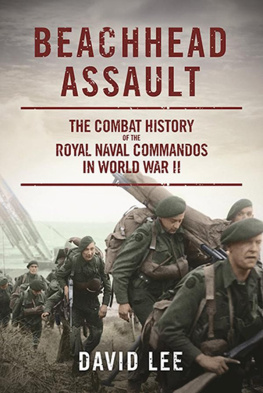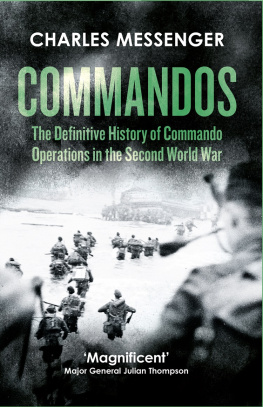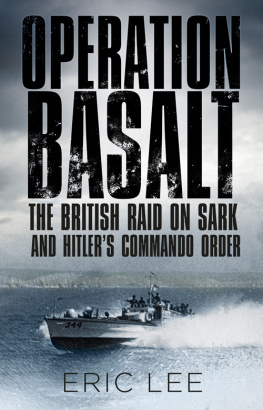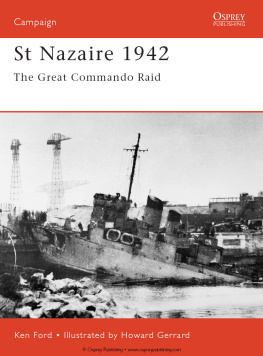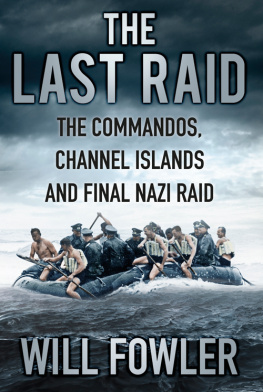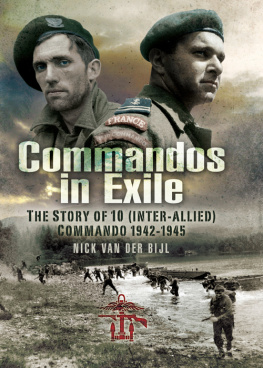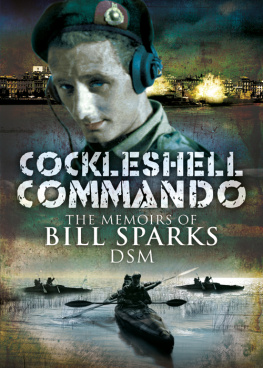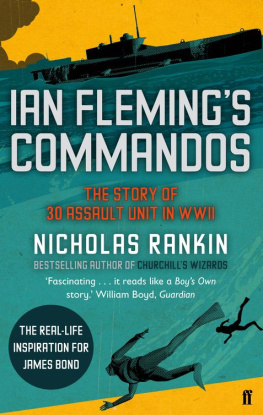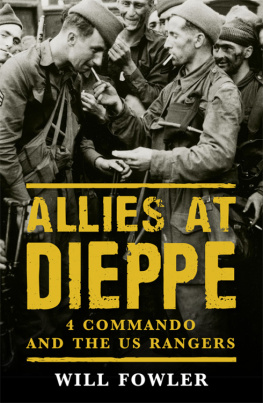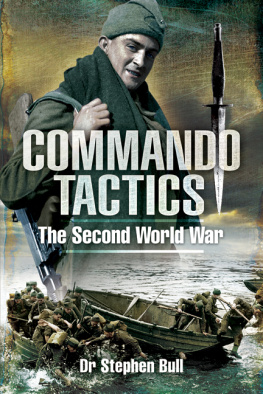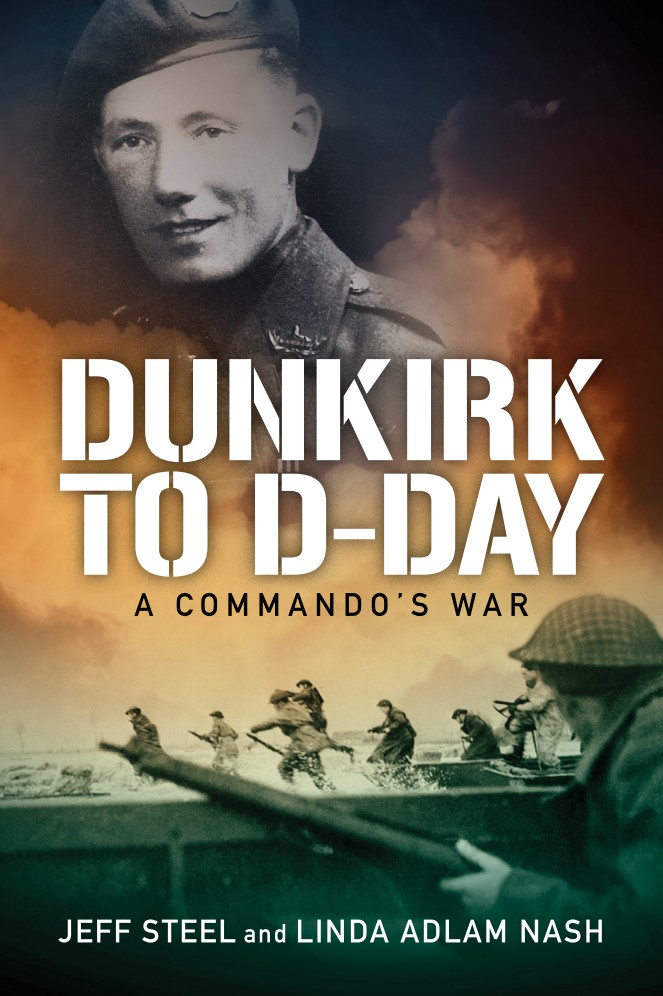Table of Contents
THE ROAD TO LEDRINGHEM
Friday, 10 May 1940, Somewhere in Alsace Lorraine
The NCOs and officers from the other platoons were hurrying in the same direction.
What the bloody hell do you reckon it is, Bill?
I have no idea but I flippin dont like it. It doesnt feel like the normal sort of flap.
The assembled company came to a smart salute and stood to attention. Colonel Buxton returned the salute.
At ease.
The assembly stood smartly at ease.
Gentlemen, I have no time to beat about the bush. Jerry is invading Holland and Belgium as of 0400 hours this morning. Intelligence tells us that the Dutch Army is as much use as a chocolate frying pan. Holland is expected to fall completely within 72 hours.
Colonel Buxton paused to ensure that the gravity of the situation was not lost on his subordinates.
We are being sent into France as part of a defensive line to stop the Germans if they have decided to carry on beyond Belgium and attack France. The Army has a plan for this eventuality. It is called Operation David. This means that the British and French Armies will move north to stop the Germans on the Dyle River.
I suppose this means that my leave is cancelled? Bill must have asked.
The reply, which would have been of a direct nature, is not recorded for posterity.
There was a war on!
I want everyone fed, dressed properly in full marching order by 0700 hours. NCOs, you know the drill: no stragglers, no barrack room lawyers, no lead-swingers. This is serious. Impress on the men that the Phoney War is over. There are no more cricket matches now and no more chatting up French floosies. We will be seeing lots of gentlemen in grey uniforms and square helmets, and we will flippin shoot them before they flippin shoot us. Any questions?
No sir.
Dismissed! Lieutenant Shephard have reveille sounded if you would.
Sir!
As all the other NCOs did, Bill ran at full speed back to his section.
Can I say goodbye to Brigitte, sarge?
No, you flippin cant and can I just make it clear to everyone, we have to be ready for the lorries by 0645 hours. Make sure that all of your water bottles are filled up. Draw rations for the journey. Any flash Arry trying to draw extra rations is on a charge.
One hour later, the battalion was speeding through the early morning light. Brigitte and all other flirtations were ceased without notice. The stray dogs who the soldiers had befriended were abandoned. The shirts which were with the ladies in the village to be washed were forgotten and unpaid for.
During the evening at some unidentifiable place, which could have been in France or Belgium, the CO called officers and NCOs for a further meeting.
Gentlemen, you are to advise your sections that the Prime Minister, Mr Chamberlain has resigned. The new prime minister is Mr Winston Churchill. A minute later, Colonel Buxton smiled. He smiled at the outburst of spontaneous cheering from up and down the line of lorries.
What the hell is going on?
Winstons back. Hes PM! and more men jumped up and down.
Colonel Buxtons smile faded from his face.
Sergeants, get your men back on the lorries, weve got a long way to go.
Its good news, though, sir, except for bloody Itler!
Progress was slow. The Gloucesters had their convoy, but the vast joint French-British Army of 250,000 men had generated other convoys too, hundreds of them. Bill did not have time to see what regiments they were from, but there were cap badges he had never seen before, shoulder flashes in red and blue and green. Some berets wore cockades, the Scottish regiments wore their Glengarry hats or tam-o-shanters and now he saw the first of the French Army with their distinctive helmets.
Saturday, 11 May 1940, Auby, France
At Auby, the battalion rested and awaited further orders. While they were there, Churchill made his first speech to the House of Commons in London. One phrase was to come out of that speech, which would set the tone of the challenge now faced by Bill, the Gloucesters and the whole country. That phrase was blood, sweat, toil and tears. It was all that any of them had. It also said that Britain was not going to give in and would fight with whatever she had.
Holland fell quickly but not painlessly. The Germans had bombed Rotterdam. Now the evil was manifesting itself in the fall of Poland, Norway, Denmark, Holland, Belgium, where next?
Wednesday, 15 May 1940, Waterbosch, Belgium
Right lads! Get ready! The trucks are coming at 0600. Were on the move again.
Where to this time, Sarge?
Just south of Brussels, itll take a couple of hours so make sure your water bottles are full. Draw rations after breakfast and everybody in full marching order by 0545. Everybody got that?
The convoy stopped. It seemed within minutes that the tents were raised, ablutions organised and a field kitchen was set up. The following morning, the officers left in a truck.
Where are those buggers going? Are they leaving us in the lurch?
No, theyre doing a recce of whats up ahead. You will not believe where theyre heading for, Waterloo.
The railway station?
No, you silly bugger, the battlefield! Where Wellington fought Napoleon, its just down the road.
Thatll be something to tell your grandkids, you fought in the battle of Waterloo! Well, you can tell them if you come back.
Bill was now coming gradually closer to the action. He could only hope that he would survive, acquit himself well and maybe take a couple of the evil Nazi bastards with him. Already, at 0730 that morning, the French General Weygand had telephoned Winston Churchill and got him out of bed. We are beaten. We have lost the battle. In one week, the situation had become a crisis and was now headed for a total, unmitigated disaster. Bill Adlam was right in the middle of it and moving more and more to the centre of the action.
Friday, 17 May 1940, Glabais, Belgium
Bill and the 5th battalion arrived at Glabais at around 0400 in the morning. This time, there were no trucks to carry tents and heavy equipment.
Right lads, just doss down where you can.
The word came through that the Germans had broken through to the south. The places which Bill had been in just a few days ago were already occupied by the Germans. This meant that they were now faced with Germans to the north and Germans to the south. It was a chilling prospect. The Germans were moving so hard and so fast that it seemed that nothing could resist them. The first complaints were now heard, Where was the bloody RAF?
At 0600 hours, fresh orders came through.
Right, lads, up you get, were on the move again. Draw rations and fall in. Come on, never mind shaving, just have a piddle, and get your marching order on. I do not want to hear about blisters. I do not want to hear about anyone being tired. I just want you fell in. Now get fell in!
Yes, sarge.
They grudgingly and rather tiredly formed a marching column.
Right, this is Trous-du-Bois. Never mind your packs weve got to set up a defensive line. Bren gunners! Where are the Bren gunners? The rest of you over here and get digging with C company and D company.
At 1700 hours, as the defensive line was nearly ready, the bugle sounded all NCOs.
What? Again?
Colonel Buxton addressed the officers and NCOs.
The Germans are coming at us from the north, the east and the south. We are ordered to the Forest of Soignes, which is five miles to the north.
That is where we were supposed to go yesterday.


